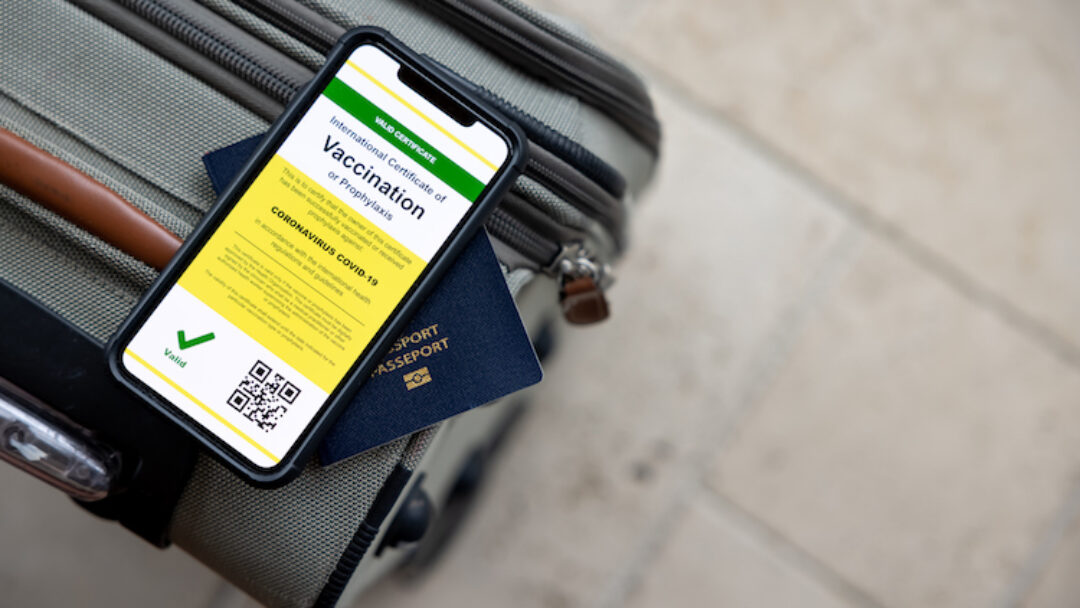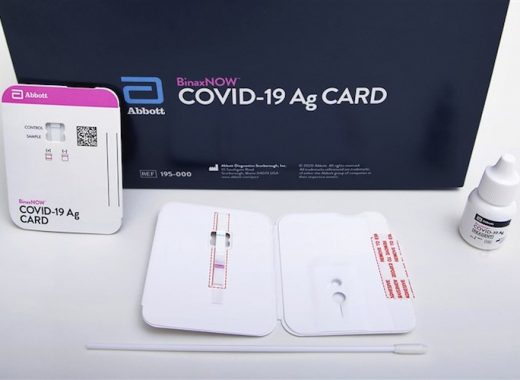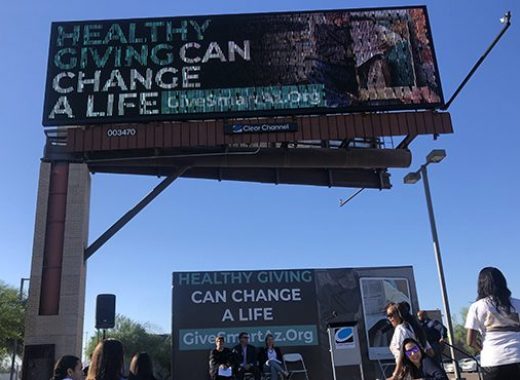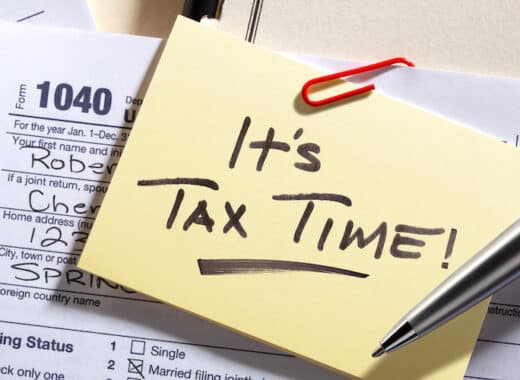Foreign travelers are now welcomed back in the U.S. for the first time in over a year and a half, but there are still some restrictions that travelers need to be aware of.
Back in March of 2020, COVID-19 concerns sparked the U.S. to close its borders to international travelers from countries including Brazil, China, India, South Africa, the United Kingdom and much of Europe. Those restrictions are being lifted only with vaccine status.
Beginning Monday, the ban on travel from certain countries have ended. The U.S. will allow in international travelers, but travelers must be vaccinated, with very few exceptions. Customs and Border Protection says foreign travelers coming into the U.S. must be prepared to present proof of vaccination at checkpoints.
The United States has also reopened the land borders with Canada and Mexico for vaccinated people.
Citizens and permanent legal residents of the U.S. will not be required to present proof of vaccination.
What are the Requirements?
All adult foreign nationals travelers flying to the U.S. must be fully vaccinated before boarding their flight. Travelers will also have to show proof of a negative COVID-19 test taken within 72 hours of departure to the U.S.
Who Must be Vaccinated?
Everyone must be vaccinated, with some exceptions. Children under 18 don’t need to be vaccinated but they must take a COVID test prior to travel. Kids 2 and younger are exempt from vaccination and testing requirements.
Non-Vaccinated Adults
It is estimated that half the world is unvaccinated. And there is concern that vaccine distribution has been so tilted to “rich” countries, the Biden administration announced that they will leave a loophole for residents who live in countries where vaccines are not easily available. That list includes approximately 50 countries where fewer than 10% of their residents have been vaccinated. People traveling from those countries will need permission from the U.S. government to board a plane and be welcomed into the U.S. Their travel cannot be simply for tourism or business travel.
The U.S. government exemptions will be permitted if the unvaccinated international visitor must enter the country due to a humanitarian or emergency reason, such as an emergency medical evacuation. Those exceptions are expected to be rare and will require approval from the Centers for Disease Control and Prevention. They must also receive a medical exception, with specific documentation from their doctor.
Which Vaccines Are Approved?
Any of the COVID-19 vaccines that are approved for emergency use by the World Health Organization are approved for travel. They include vaccines produced by Pfizer, Moderna and Johnson & Johnson, AstraZeneca and China’s Sinovac. The vaccines not currently allowed is Russia’s Sputnik V vaccine, which is authorized in 70 countries. The WHO is currently in the review process but Russia’s Sputnik V vaccine has not yet been approved as a travel admittance vaccine.
What Should Americans Be Prepared For?
Americans who are unvaccinated must show proof of a negative COVID-19 test within one day of international travel. If the United States resident is vaccinated, they must take a test within three days of the departure, for both Americans and citizens of other countries. This will not apply to flights within the U.S., only international travel.
Who Enforces the Vaccine Travel Rules?
Each airline will be responsible for verifying vaccine records and confirming it with their government issued ID. If the airlines fail to do so, they could face fines of up to nearly $35,000 per violation. There will be CDC workers spot-checking travelers for compliance in the U.S.








